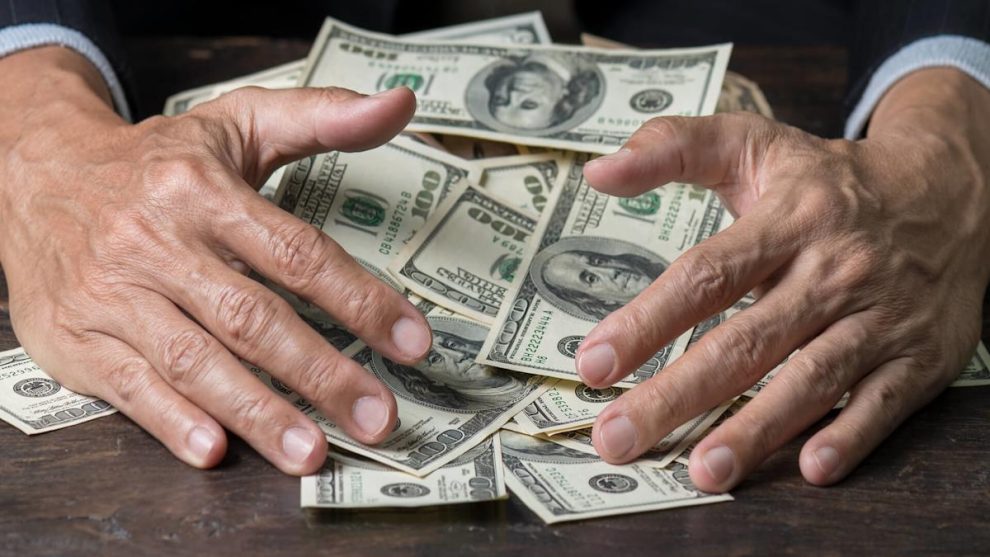When the economy dips, most of us tighten our belts. We cancel subscriptions, skip lattes and start questioning our avocado habits.
But billionaires? They play by a different rulebook entirely. While the rest of us are bracing for impact, they’re quietly making moves that set them up to come out even richer on the other side.
Advertisement: High Yield Savings Offers
For You: I’m a Financial Advisor: My Wealthiest Clients All Do These 3 Things
Trending Now: 8 Common Mistakes Retirees Make With Their Social Security Checks
“The biggest benefit billionaires have is time,” said Jason Pack, chief revenue officer at Freedom Debt Relief. “They have time to wait out investments that might take years to recover, especially if they’re highly discounted. They can essentially buy undervalued assets and wait for the economy to recover — even if that’s years from now.”
Here’s a look at what the ultra-wealthy do in a recession — and how you can borrow a page from their playbook.
Andrew Lokenauth, money expert and owner of BeFluentInFinance, has noticed billionaires tend to get excited during recessions.
Which seems crazy to most people. But here’s the thing: they see market downturns as massive opportunities.
“From my experience working with high-net-worth clients, they’re basically shopping for discounts on steroids,” he said.
Last September, he watched several wealthy clients buy up commercial real estate like it was going out of style. While everyone else was panicking about their 401(k) plans, these folks were snatching up office buildings at 40% to 60% discounts.
Discover Next: I’m a Financial Advisor: 10 Most Awesome Things You Can Do for Your Finances
“It’s wild, they actually keep huge cash reserves — sometimes $100 million plus — specifically waiting for these moments,” he explained.
And according to Lokenauth, they don’t just stick to real estate. They grab chunks of distressed companies, buy massive amounts of cheap stocks and even start new businesses when everyone else is scaling back.
“The thing is, they’re playing a completely different game than the rest of us,” he added.
Lokenauth’s most honest take is that most of these strategies aren’t realistic for the average person.
“I mean, we can’t exactly keep millions in cash sitting around waiting for the next recession,” he explained
But, he said there are some smaller-scale versions that actually work pretty well.
For his part, Lokenauth has started keeping about 15% to 20% of his portfolio in cash (way more than financial advisors typically recommend). He said this gives him dry powder to buy when things go on sale.






Add Comment